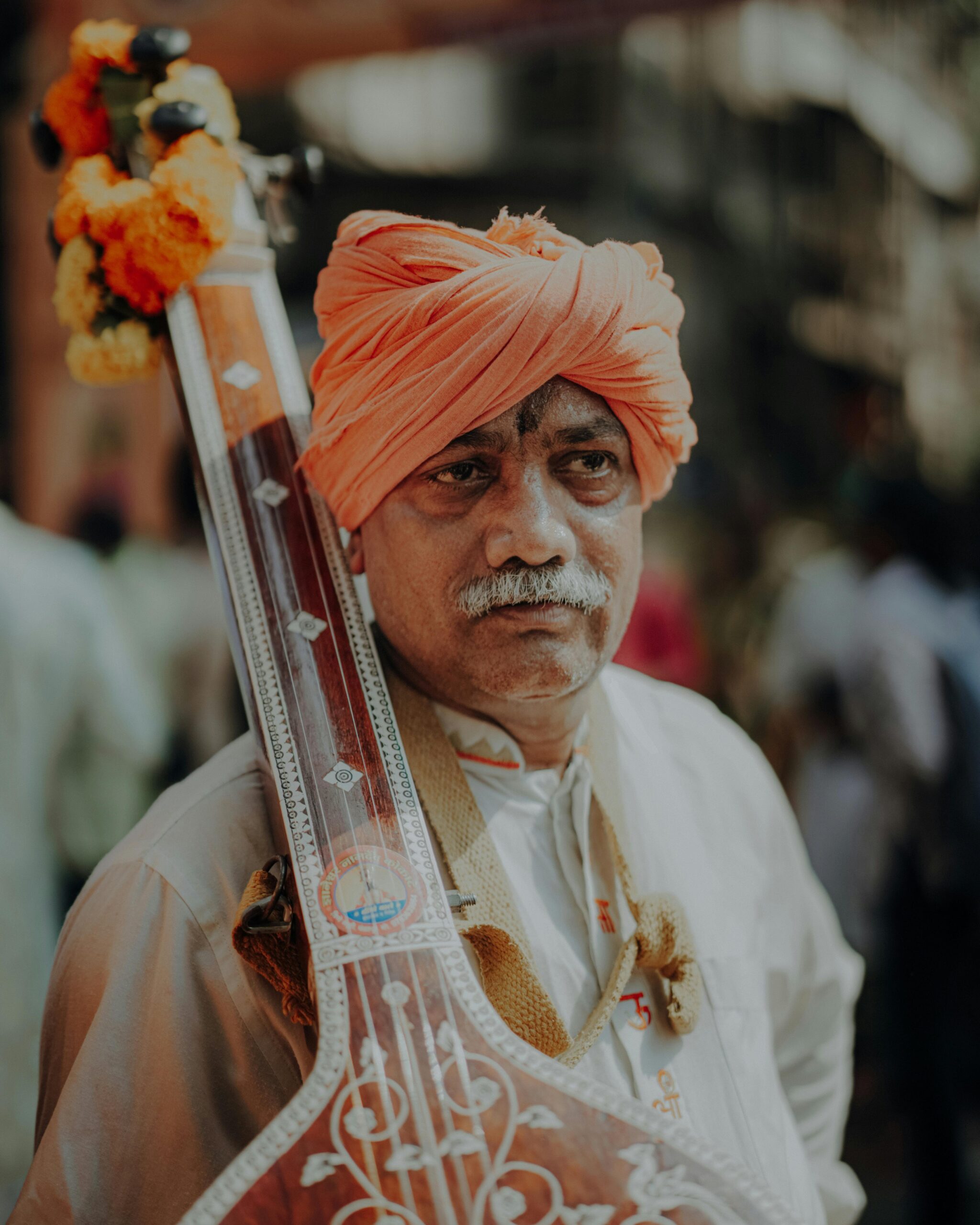Acclaimed Indian producer and Academy Award winnerGuneet Monga Kapoorunveiled a landmark initiative—Women in Film India (WIF India)—at the 2025 Cannes Film Festival, aiming to reshape gender representation in Indian cinema. This move places India among the global network of countries that actively support women in media through formalized, industry-wide platforms.
Connecting Indian Talent to Global Networks
WIF India now joins over 50 international chapters under the umbrella ofWomen in Film & Television International (WIFTI), and has formal support fromWomen in Film Los Angeles (WIF LA). The initiative is designed not only to spotlight women’s contributions to cinema but to build concrete opportunities through fellowships, mentorship, and access to global marketplaces.
To mark its launch, WIF India introduced theCannes Producers Fellowship – India Edition, offering selected Indian women producers full access to the prestigious Producers Network at Cannes’ Marché du Film.
Meet the Inaugural Fellows
The inaugural recipients of the fellowship include:
- Tillotama Shome, a critically acclaimed actress turning to production with her Bengali-language debut Baksho Bondi (Shadowbox).
- Rucha Pathak, a seasoned studio producer known for films like Neerja, Barfi!, and Paan Singh Tomar.
- Dimpy Agarwal, an independent producer known for socially relevant cinema including Chashma, Umeed, and Monica, O My Darling.
Additionally,Shefali Bhushan, recognized for her work in regional and independent cinema, received a special accreditation grant through the program.
A Vision for Lasting Change
Speaking about the initiative, Guneet Monga Kapoor emphasized that WIF India isn’t just a symbolic gesture—it’s a structural push toward gender equity. The fellowship is part of a broader plan to institutionalize support for women across the Indian entertainment industry through training, exposure, and funding access.
The launch was hosted at theIndia Pavilionin Cannes, organized by the Ministry of Information and Broadcasting and NFDC, signaling government recognition of WIF India’s goals.
This effort arrives at a time when global conversations around diversity and equity in film are gaining momentum. With this step, Indian cinema is actively participating in those conversations—not just by amplifying women’s voices but by placing them in leadership and creative roles internationally.











